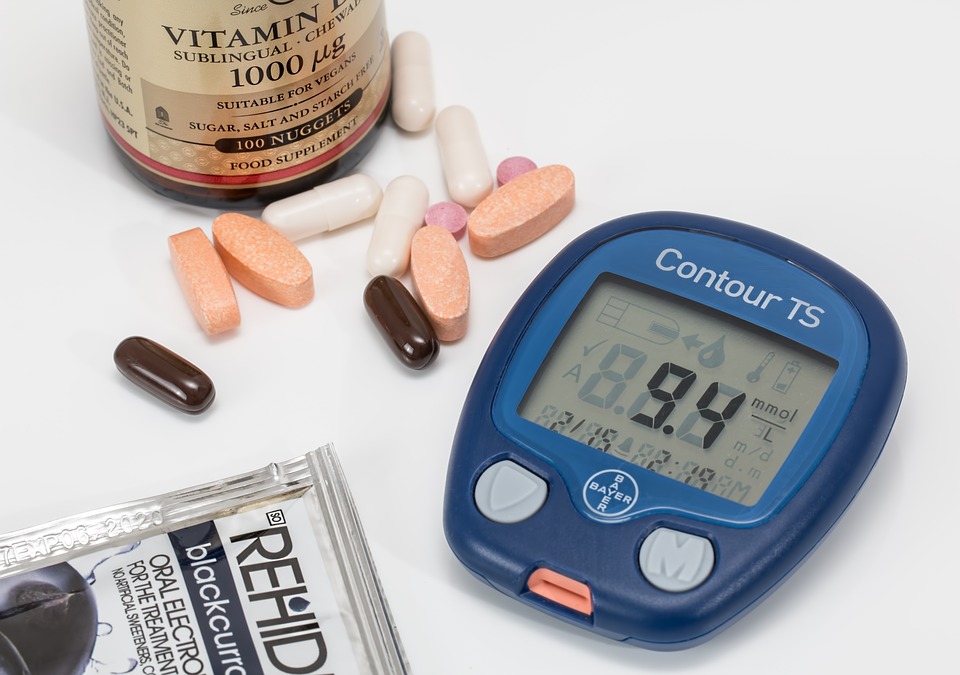Challenges around Diabetics.
The parents or guardians of adolescents and young adults with diabetes can face several challenges. One of the biggest challenges is in helping a young person gain the independence and confidence he or she will need in the future—without too much parental involvement that may alienate the young person. Parents must also realize that the…...
Challenges around Diabetics. Read Post »









